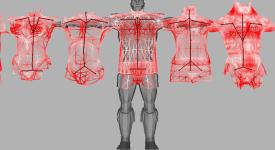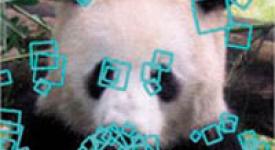IBM to collaborate with universities on Watson's QA tech
02/11/2011 - IBM and eight universities from around the world will collaborate on developing the company's Watson supercomputer and the question-answering technology behind it. The University of Texas at Austin Department of Computer Science which will collaborate on automated reasoning and common sense.






